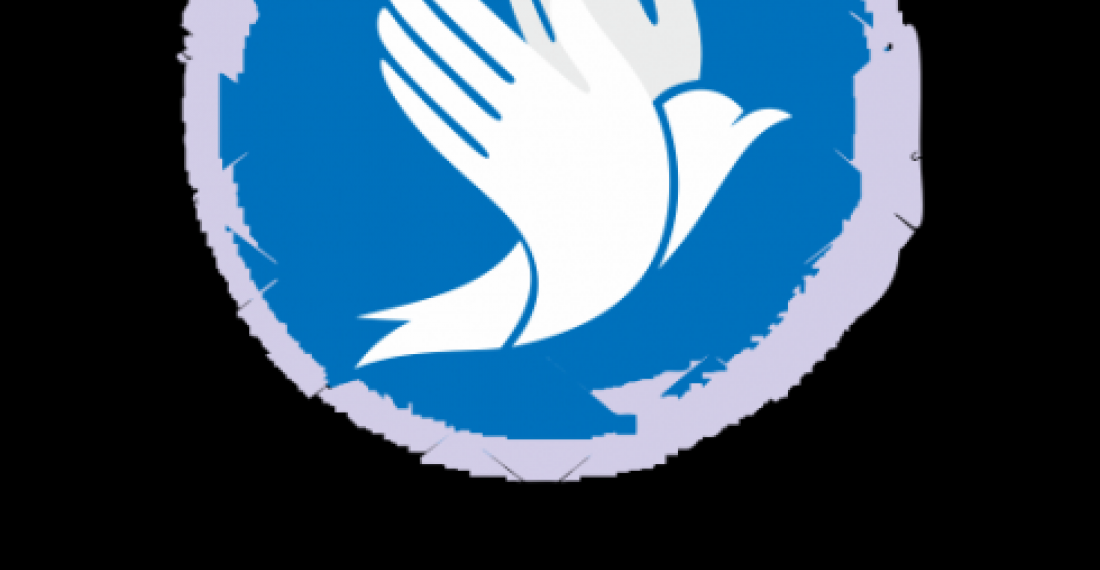In a statement, the Platform says it believes the Nagorno-Karabakh conflict can be resolved only by peaceful means and through dialogue between the two nations, and calls on the sides to cease hostilities and settle the conflict in line with international law as soon as possible.
The Platform for Peace between Armenia and Azerbaijan is concerned over the mounting escalation at the line of contact between Armenian and Azerbaijani troops and deeply saddened by the news of human losses reported on February 24-25, the Platform said in a statement on February 26.
The Platform for Peace between Armenia and Azerbaijan was established on 6 December 2016 at a meeting in Baku. The Platform says that it is an initiative of the citizens of Azerbaijan and Armenia who wish to contribute to the peaceful settlement of the conflict.
In its statement, the Platform says it is deeply saddened by the fact that it is the ordinary people that have been suffering from the 25-year-old conflict more than anyone else: the refugees and IDPs that are unable to return to their homelands, the military casualties suffered by both sides, and their families who are destined to live with these losses.
"What is happening proves the necessity of finding an immediate solution to the Armenia-Azerbaijan Nagorno-Karabakh conflict," read the statement.
The Platform believes the Nagorno-Karabakh conflict can be resolved only by peaceful means and through dialogue between the two nations, and calls on the sides to cease hostilities and settle the conflict in line with international law as soon as possible.
The Platform also calls on the OSCE Minsk Group co-chairs to continue the negotiation process and achieve an early resolution of the conflict.
source: commonspace.eu with agencies







